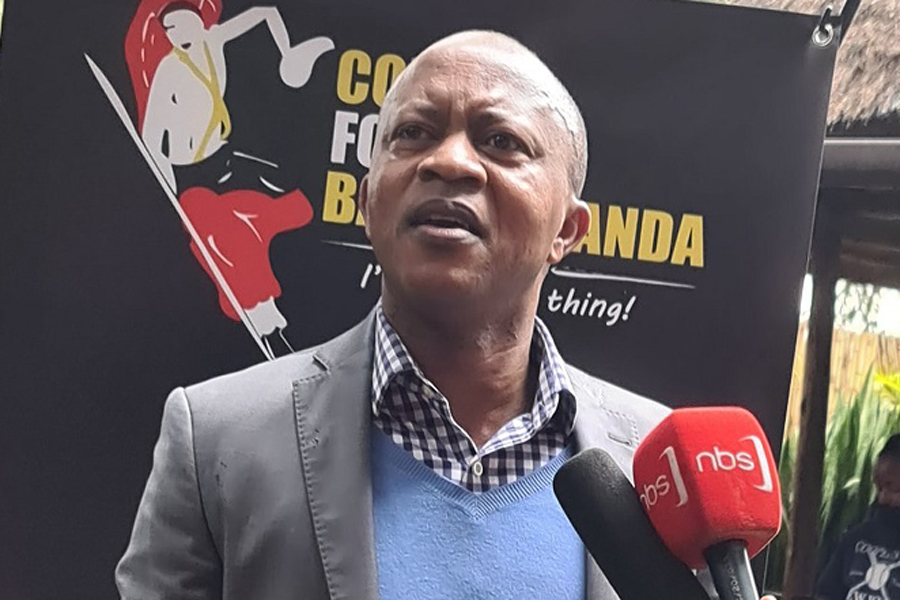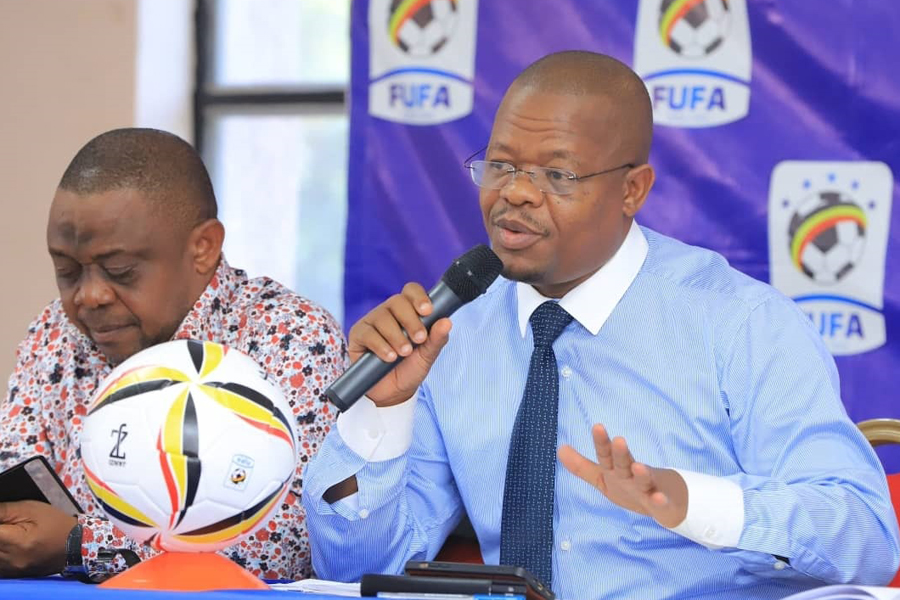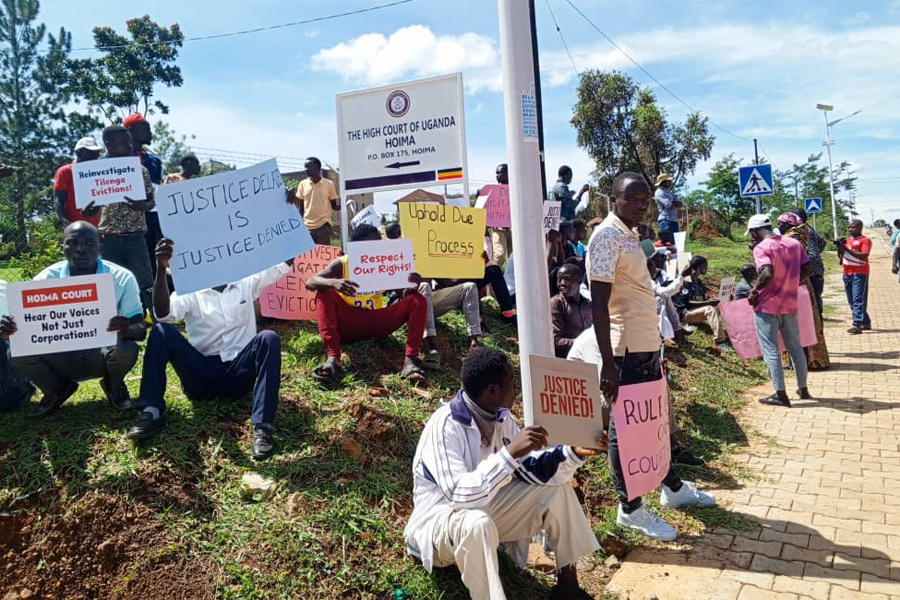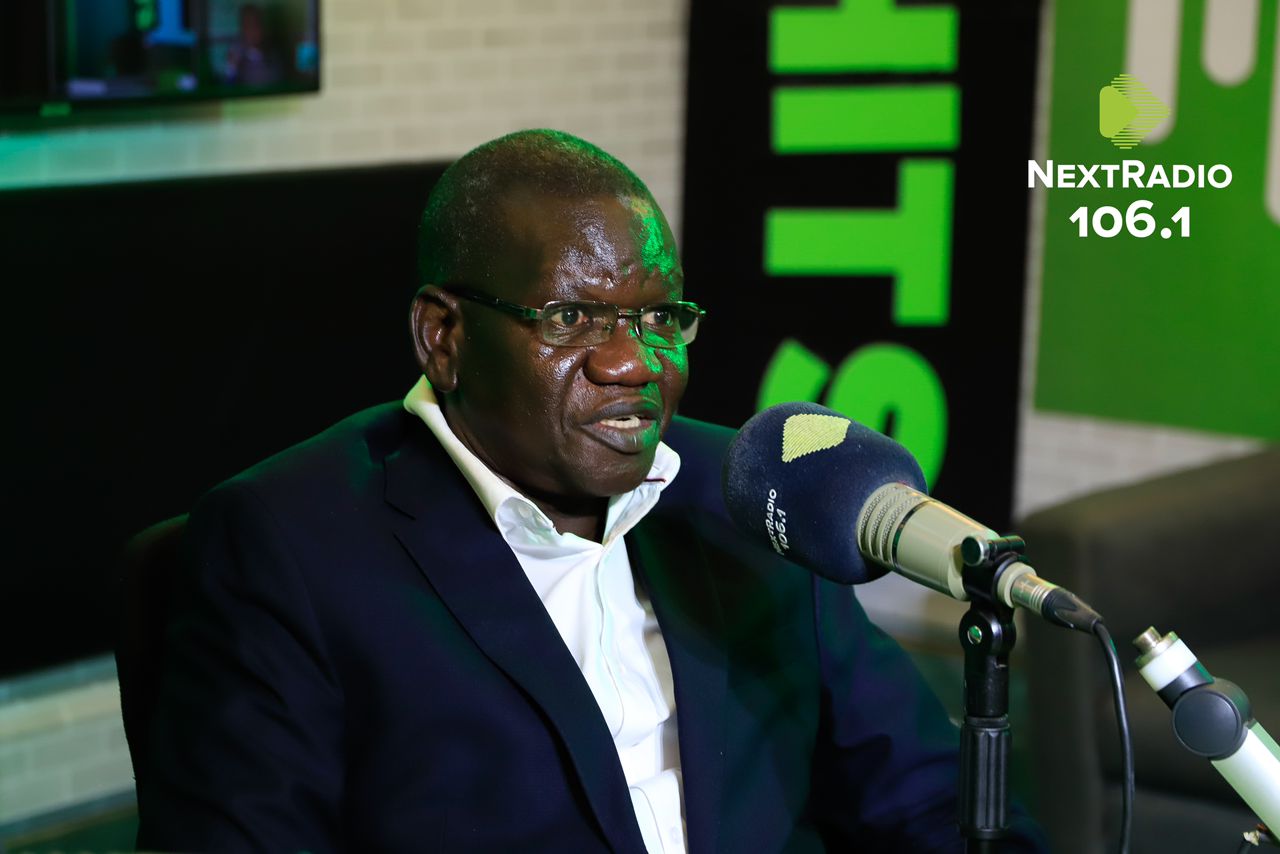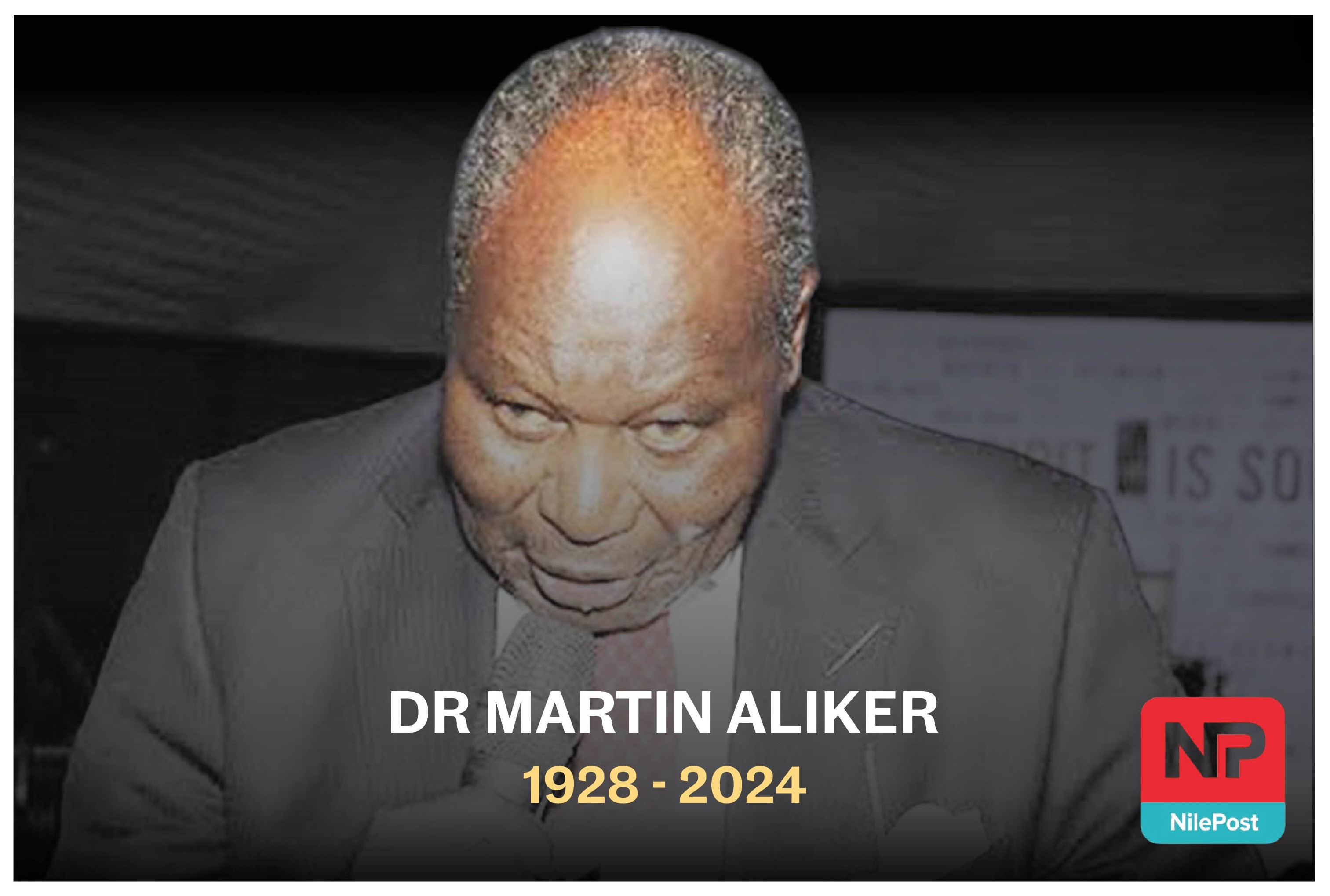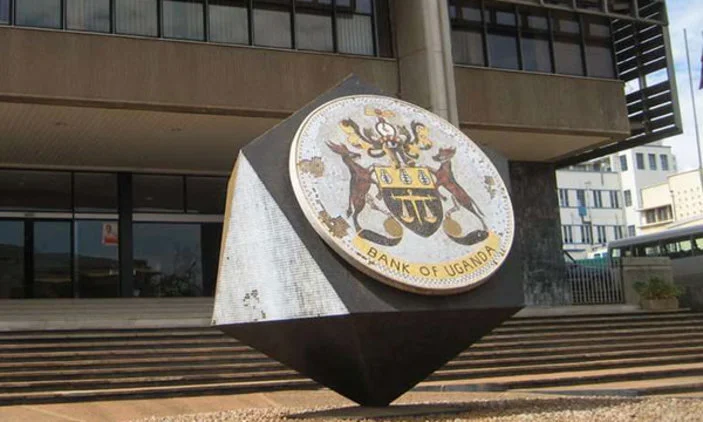The United States is immediately instituting a new policy for Africa that was just approved by President Donald Trump, his national security adviser, John Bolton, announced Thursday.
Keep Reading
"Under our new approach, every decision we make, every policy we pursue, and every dollar of aid we spend will further U.S. priorities in the region," said Bolton, speaking in Washington. "Our first priority, enhancing U.S. economic ties with the region, is not only essential to improving opportunities for American workers and businesses. It is also vital to safeguarding the economic independence of African states and protecting U.S. national security interests."
The policy shift is also meant to counter on the continent the rapidly expanding financial and political influence of China and Russia.
"They are deliberately and aggressively targeting their investments in the region to gain a competitive advantage over the United States," Bolton said at the Heritage Foundation, a conservative think tank. "We want our economic partners in the region to thrive, prosper and control their own destinies. In America's economic dealings, we ask only for reciprocity, never for subservience."
China uses big loan, opaque deals
Bolton said China is using big loans and opaque agreements to make Africa "captive to Beijing's wishes and demands," singling out projects in Zambia and Djibouti where he said Chinese enterprises are set to take over a state power company and a key port, respectively.
Some analysts caution against looking at the African continent as a battleground for U.S. competition with China.
"It can undermine our actual strategies with many countries in Africa by seeing them through the prism of competition," says senior fellow Michael Fuchs at the Center for American Progress, who served as deputy assistant secretary of state for East Asian and Pacific affairs in the Obama administration.
Russia shows ‘little regard for rule of law’
Russia in Africa, according to Bolton, "advances its political and economic relationships with little regard for the rule of law or accountable and transparent governance."
While Fuchs welcomes the attention by the Trump administration to Africa, he does not expect what Bolton announced to convince many partners and the continent of a U.S. commitment there.
"I think that he potentially undermined some of the potential for these partnerships with some of the policy proposals that he made," Fuchs told VOA.
The immediate reaction overall to Bolton's speech from African officials appeared to be cautious optimism.
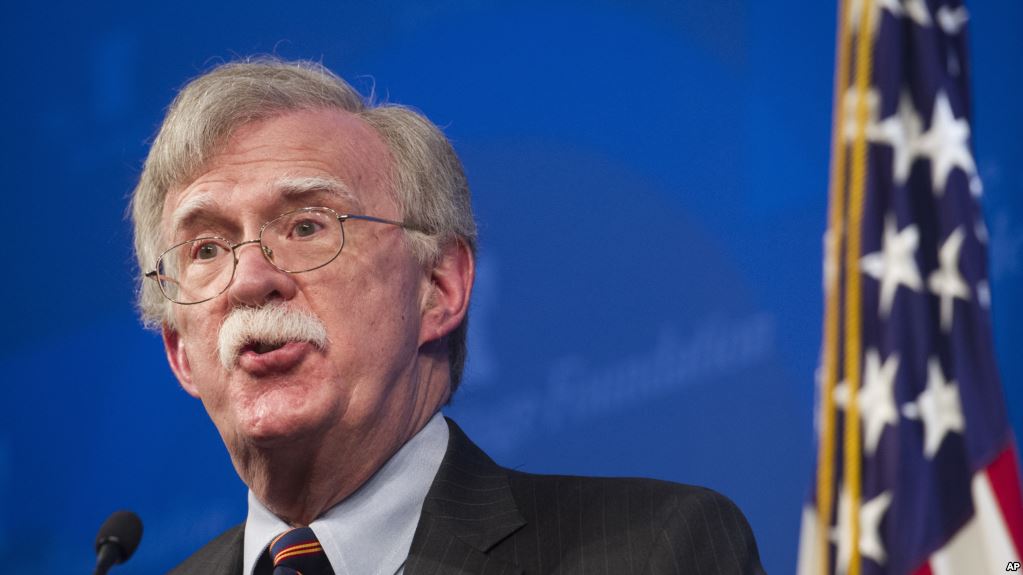
"We are happy to understand that finally America has a strategy that is purposeful towards Africa," David Gacheru, the deputy chief of mission at Kenya's embassy in Washington, told VOA, adding the Trump administration is potentially filling a void that has existed for many years.
All Africa aid under review
The United States has provided more than $8 billion in aid to Africa in each of the past two fiscal years and a review of all aid is being finalized, according to Bolton.
The many more billions of U.S. tax dollars spent there over recent decades, Bolton said, have failed to stop terrorism, radicalism and violence, nor have they prevented other powers from increasing their own power and influence.
"And, they have not led to stable and transparent governance, economic viability and increasing development across the region," said Bolton.
Administration officials are not saying whether total aid to Africa will be cut and how involved Trump will be in making decisions as to how much each country will get and for what projects as the president touts a transactional approach to foreign assistance.
When the president’s budget “comes out, that’s when you will see the outcome,” Bolton said in response to a question from VOA.
South Sudan a likely target
In his speech, Bolton said Washington will no longer fund "corrupt autocrats who used the money to fill their coffers at the expense of their people, to commit gross human rights violations."
One likely target for significant cuts in U.S. assistance is South Sudan, where a civil war is entering its sixth year.
"We will not provide loans or more American resources to a South Sudanese government led by the same morally bankrupt leaders," vowed Bolton.
Noticeably absent from the new plan is any “commitment to advancing human rights and democracy," according to the global humanitarian group Mercy Corps, which says its research in Africa “has consistently found that government neglect and injustice, including human rights abuses and corruption, are primary drivers of support for violent extremism and armed conflict.”
The organization is calling on the Trump administration to make central to its Africa policy goals of “alleviating suffering, poverty and oppression and promoting good governance.”


